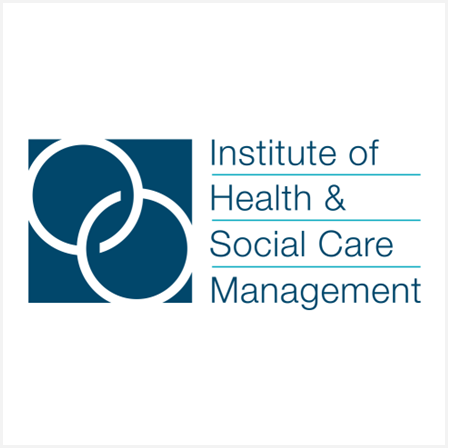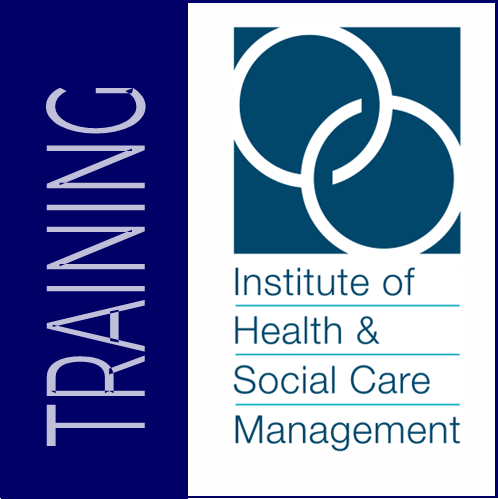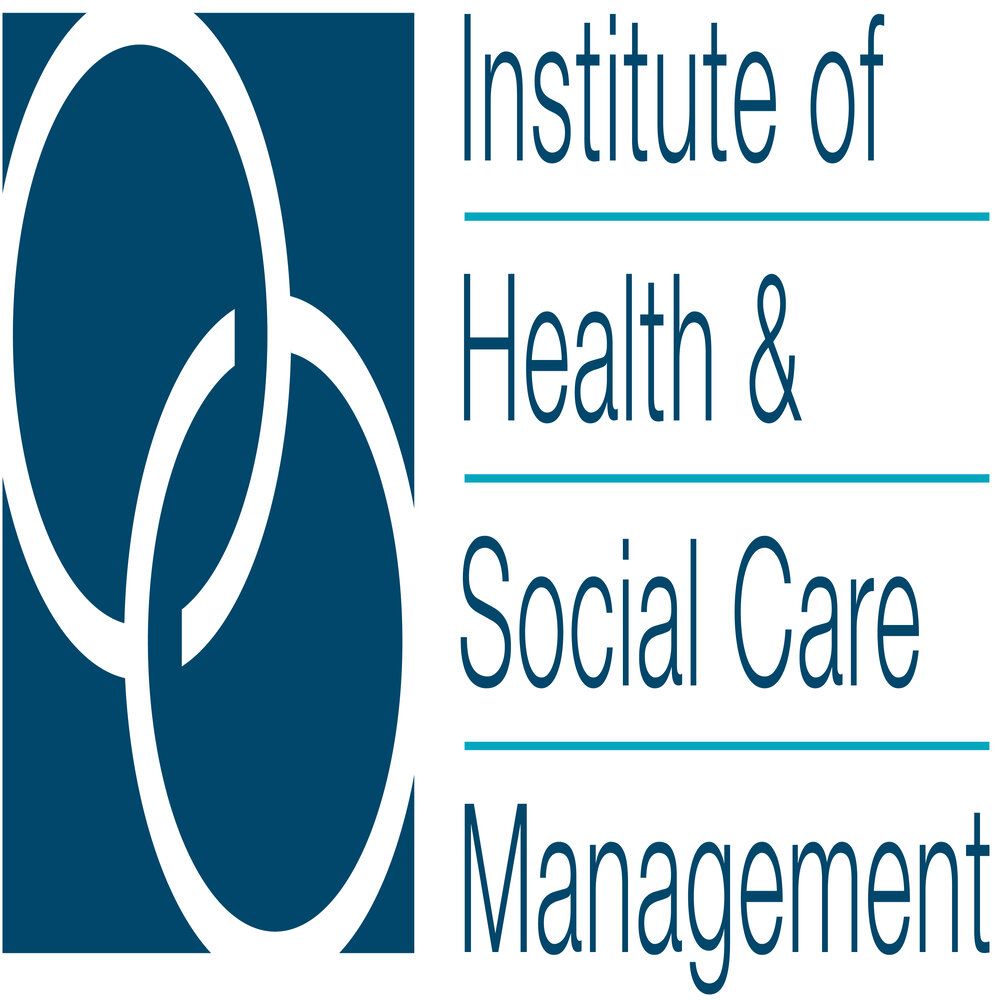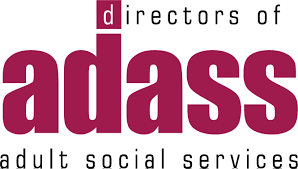Our Operations Manager, Jamie Bloomfield, attended the Institute of Health and Social Care Management (IHSCM) Online Conference on Thursday 17th October.
This conference was themed around ‘Leadership, Operational Management and Innovation’, demonstrating the structure of how the sessions would be split, into breakout rooms, throughout the event.























